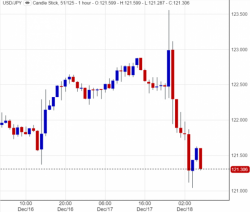Global Trade Snapshot - "The Pain Is Getting Worse"

Via SouthBay Research,
Whether measured in volumes (container throughput via Hong Kong) or in dollars (US Import/Exports), the pain is the same: 16 months of steady collapse in global trade.
The pain is getting worse.
More containers are leaving the US and going back to China empty. From the Port of Long Beach (a major US/China trade port):

